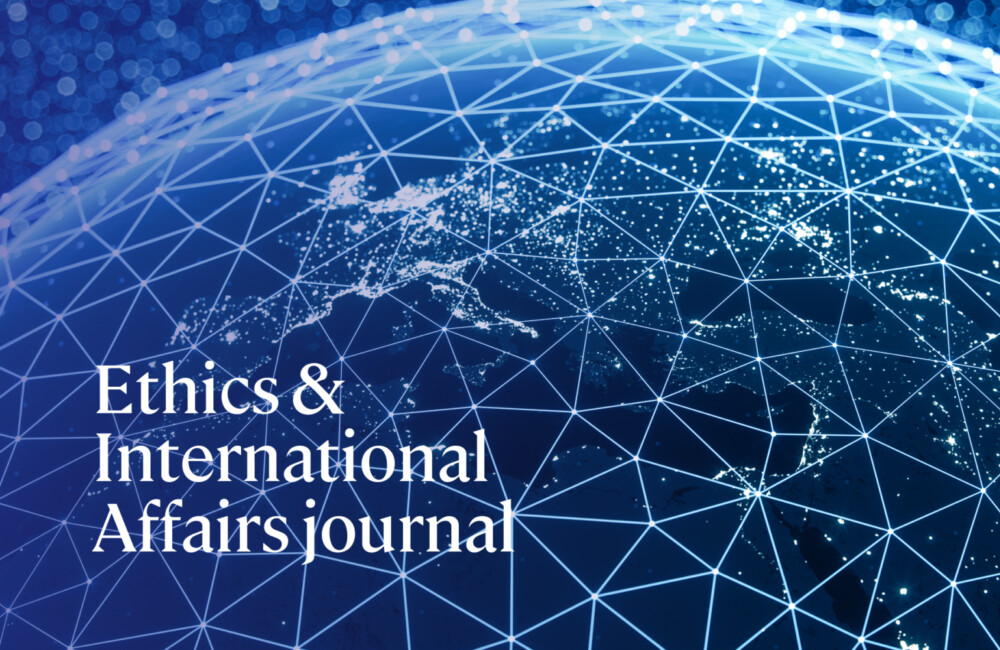There are at least three categories of questions–– relating respectively to money supply, exchange rates, and debt––that can be raised in the international context. First, who should have control over key monetary decisions, such as how much, and on what terms, money and credit are being supplied within each monetary zone? Should this control belong to the citizens of a given monetary zone and their representatives alone? How should the benefits arising from the ability to create money be distributed internationally? Second, should the stability of exchange rates be a goal and, if so, how should the responsibility for maintaining stability be apportioned? When adjustment of exchange rates is required, who should bear the burdens associated with such adjustment? Third, what arrangements should govern the accumulation and discharge of debt in the international setting? In what respects should debt contracted by states be governed by different rules than debt contracted by private agents? What forms of conditionality may be imposed by creditors, such as international institutions, governments, or private lenders, as part of a just framework of international borrowing and repayment? These questions exemplify rather than exhaust the dilemmas that arise with regard to international monetary arrangements. Global egalitarians should imagine the alternative forms that such arrangements can take as elements of a realistic utopia.
To read or purchase the full text of this article, click here.


